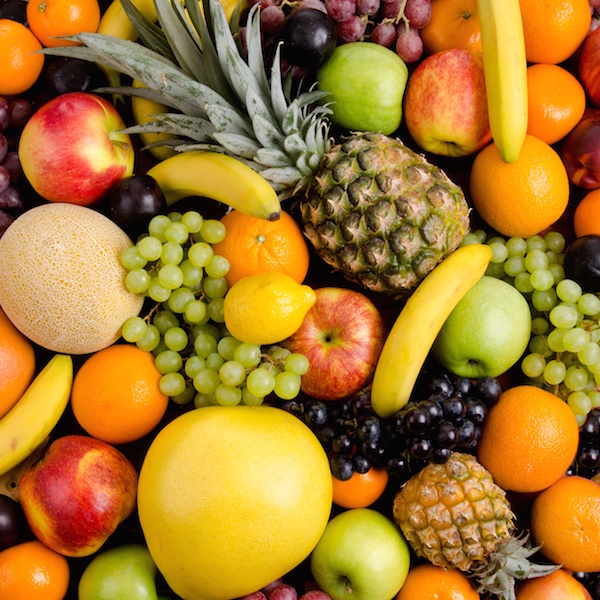
FRIDAY, March 19 (HealthDay News) — New research links consumption of high-fructose corn syrup, the extremely popular sweetener that shows up in food products from ketchup to jelly, to liver damage in people with non-alcoholic fatty liver disease.
It’s not clear if the sweetener directly causes liver scarring, also known as fibrosis, but those who consumed more of the sweetener appeared to have more liver scarring, according to the report released online in advance of publication in an upcoming print issue of the journal Hepatology.
“We have identified an environmental risk factor that may contribute to the metabolic syndrome of insulin resistance and the complications of the metabolic syndrome, including liver injury,” Dr. Manal Abdelmalek, associate professor of medicine in the division of gastroenterology/hepatology at Duke University Medical Center and leader of a team of scientists behind the new research, said in a university news release.
The researchers examined the medical records of 427 adults with non-alcoholic fatty liver disease (NAFLD), along with questionnaires the patients completed about their diets.
Only 19 percent of adults with non-alcoholic fatty liver disease said they never drank beverages containing the sweetener; 29 percent did so every day, the investigators found.
“Non-alcoholic fatty liver disease is present in 30 percent of adults in the United States,” Abdelmalek said in the news release. “Although only a minority of patients progress to cirrhosis, such patients are at increased risk for liver failure, liver cancer, and the need for liver transplant. Unfortunately, there is no therapy for non-alcoholic fatty liver disease. My hope is to see if we can find a factor, such as increased consumption of high-fructose corn syrup, which if modified, can decrease the risk of liver disease.”
Representatives of the corn refining industry took issue with the findings, noting that the study involved a wide range of sources of fructose, not just beverages sweetened with high-fructose corn sugar.
Furthermore, “fructose has not been proven to be a cause of NAFLD in humans, and NAFLD subjects are compromised individuals with significant health problems which have very little to do with fructose intake,” according to a news release from the Corn Refiners Association released late Friday.
“Moreover, associative studies of this kind are widely judged to be of low scientific value when trying to establish cause-and-effect, data from studies like this that are dependent on recollection of the study subjects are notoriously imprecise, and these studies are full of confounding variables and exceedingly difficult to control,” the CRA added.
More information
The U.S. National Institute of Diabetes and Digestive and Kidney Diseases has more on non-alcoholic fatty liver disease, also known as nonalcoholic steatohepatitis.

